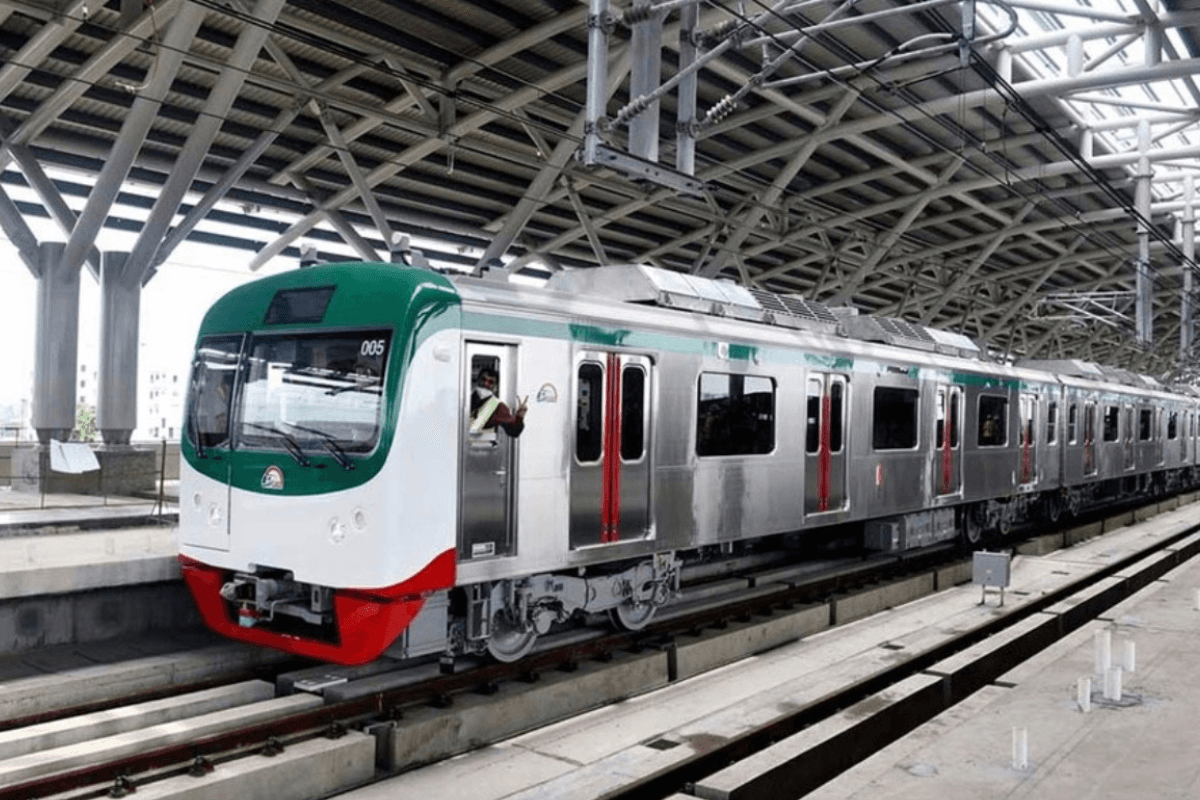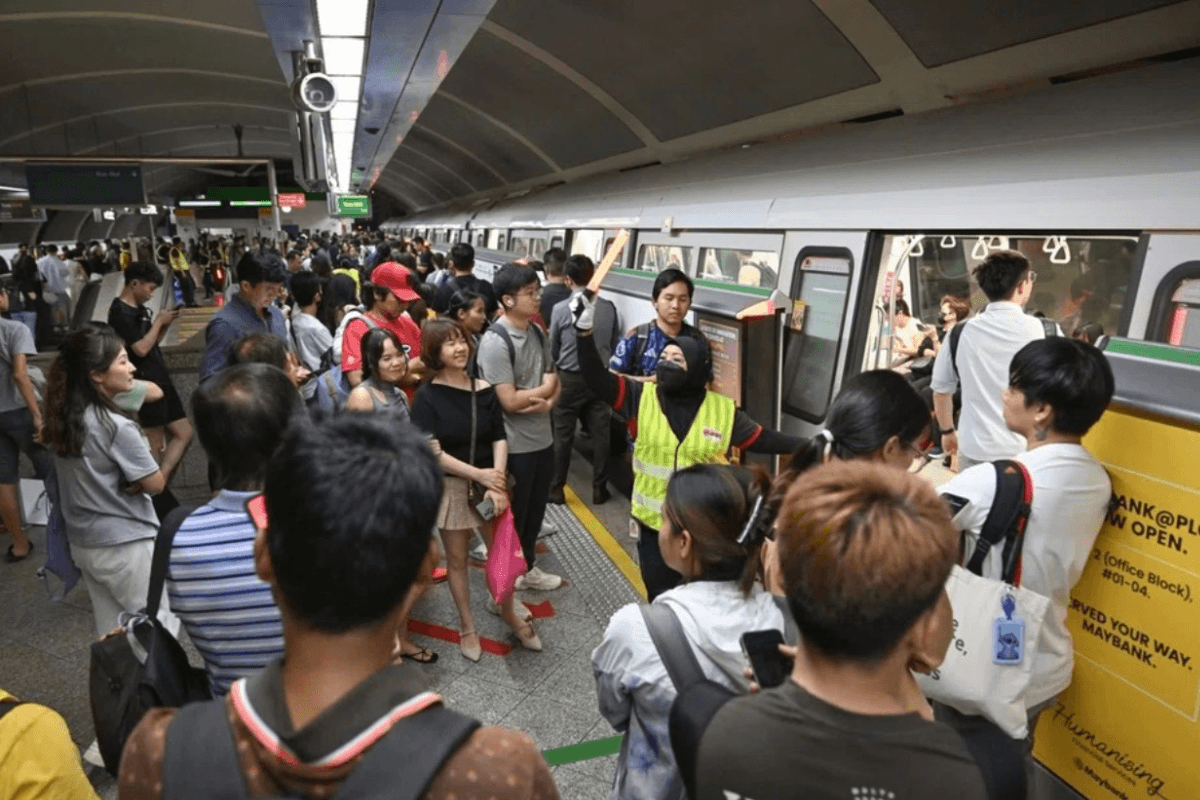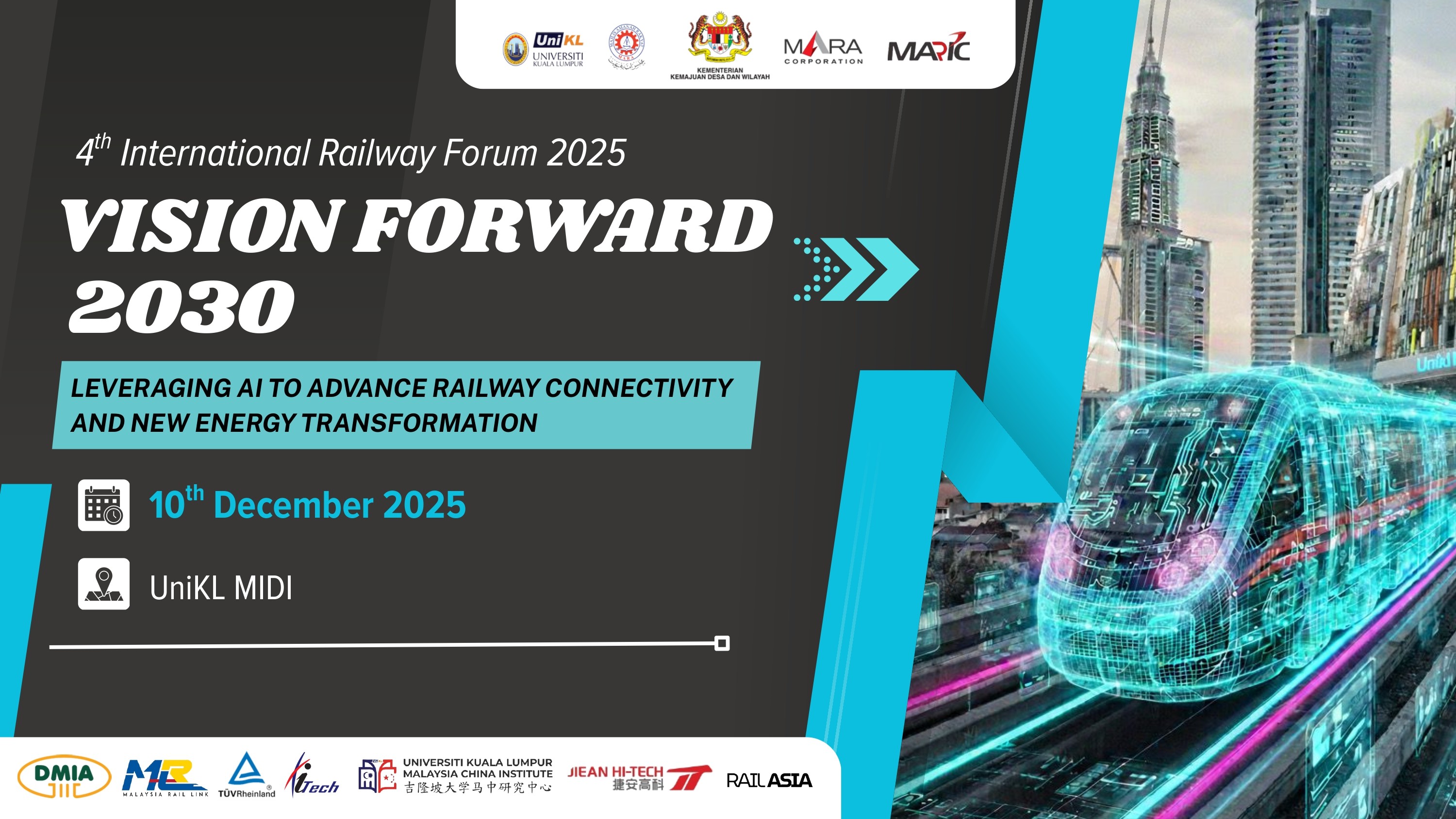Jul 15, 2025
British Rail Privatization: A Cautionary Tale for Malaysia
Bring Back British Rail is a campaign group dedicated to popularizing the commonsense idea of re-nationalizing the UK's railway system, widely criticized for being excessively costly and complicated due to privatization efforts initiated in the 1990s.
As the United Kingdom begins reversing its decades-old railway privatization, advocates and industry experts are increasingly calling for Malaysia to reconsider its own rail governance model, citing troubling similarities and structural challenges.
The British government recently announced its plan to consolidate railway operations and infrastructure management under a new public body, Great British Railways, effectively dismantling the fragmented privatization model adopted during the 1990s. This policy shift responds directly to public dissatisfaction driven by escalating costs, fragmented services, and operational inefficiencies. Leading UK media outlets, including The Guardian and BBC News, have highlighted government acknowledgments that the separation of operators from infrastructure managers caused significant inefficiencies and poor coordination.
Malaysia adopted a similar model in 1992 under the leadership of then-Prime Minister Tun Dr. Mahathir Mohamad. The country's railway services and asset ownership were divided between Keretapi Tanah Melayu Berhad (KTMB) and the Railway Asset Corporation (RAC), aiming to spur competition and attract private investment. Three decades later, however, experts argue this split has created bureaucratic obstacles, fragmented accountability, and chronic underinvestment in both operations and infrastructure.
“The separation has fostered bureaucratic delays, unclear accountability, and insufficient investment in crucial infrastructure,” said a Malaysian transport policy analyst. "As a result, road transportation has surged ahead, becoming the default choice for both freight and passenger travel."
Countries with integrated rail networks, such as Germany (Deutsche Bahn), France (SNCF), Japan (JR Group), and China (China Railway), offer successful models where rail operations and infrastructure management fall under a unified entity. Experts note this structure allows better strategic planning, coordinated investment, and higher service quality.
Given Malaysia's increasing urban congestion, environmental pressures, and transportation costs, advocates urge an urgent policy rethink. Experts suggest reintegrating KTMB and RAC or at least achieving closer strategic alignment to improve the rail sector’s performance, restore public confidence, and reduce overdependence on road-based transport.
"Malaysia needs a fundamental policy reset, prioritizing long-term mobility, sustainability, and public benefit," the expert emphasized. "Short-term financial gains from land development around rail assets should not overshadow the critical need for a robust and unified national transport strategy."
In an era where efficient and sustainable public transport is vital for economic resilience and environmental responsibility, the critical question facing Malaysia now is whether it will heed the lessons from the UK's reversal of privatization—or risk deepening the existing challenges in its rail sector.
Related Post
Latest Post
Subscribe Us
Get Subscribe To Our Latest News & Update













